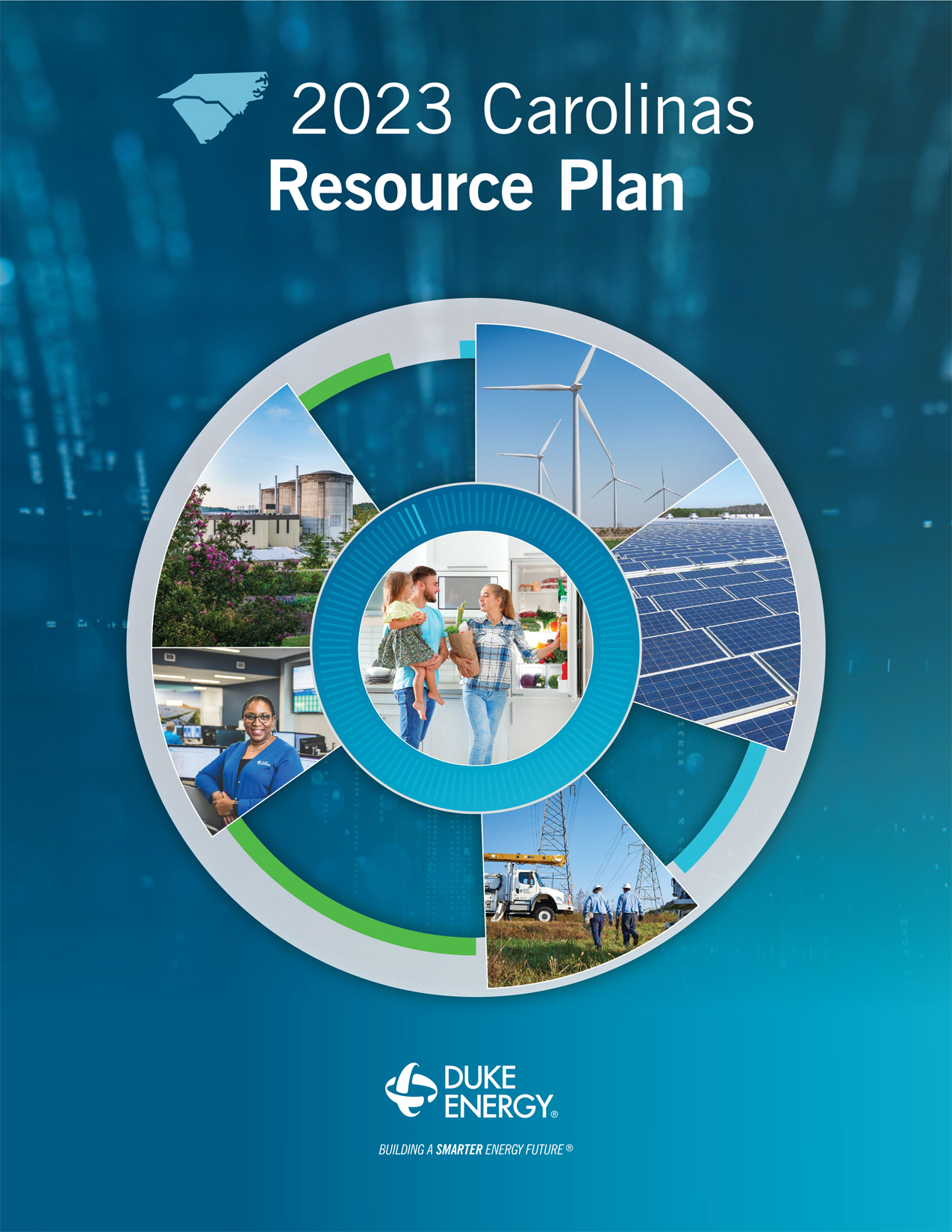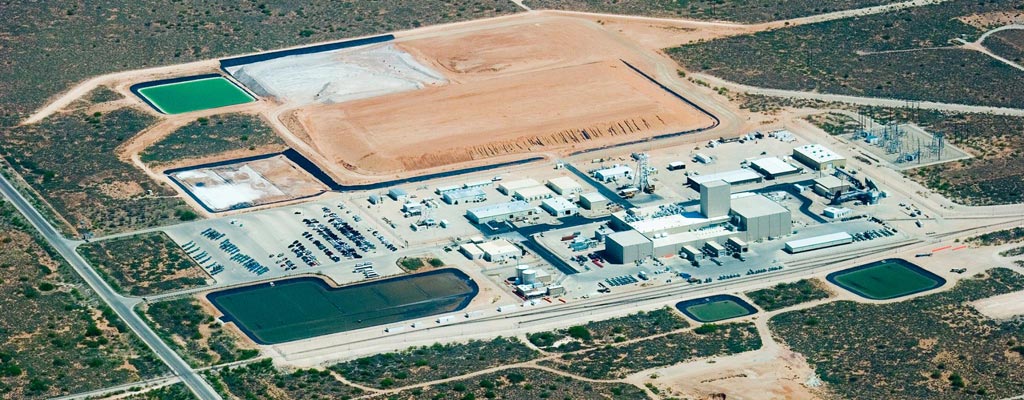The Vogtle-4 reactor cavity in July. (Photo: Georgia Power)
Georgia Power has begun the process of loading fuel into the Vogtle plant’s Unit 4 reactor, the company announced yesterday, marking another pivotal milestone toward commercial operation of the second of the facility’s two new units.
DOE assistant secretary for nuclear energy Kathryn Huff and NEA director general William D. Magwood IV affirmed U.S. membership in the NEA Data Bank at DOE headquarters in Washington, D.C. (Photo: OECD NEA)
The United States has joined the OECD Nuclear Energy Agency (NEA) Data Bank, a decision that marks “a significant stride in international collaboration for nuclear energy research, safety, and knowledge exchange,” according to the August 16 NEA announcement. “As a country renowned for its scientific and technological excellence, the United States will undoubtedly enrich the Data Bank's repository of data, software, and benchmarks and enhance its role in fostering responsible nuclear development.”
The Pile Fuel Cladding Silo on the Sellafield site in West Cumbria, England. (Photo: Sellafield Ltd.)
After decades of planning and weeks of preparation and checks, the first batch of legacy waste has been retrieved from the Pile Fuel Cladding Silo at the Sellafield nuclear site in West Cumbria, England. According to Sellafield Ltd., the site license company, a state-of-the-art robotic arm was used to reach into the silo and, for the first time, remove and repackage the waste for longer-term storage.
These retrievals mark a significant achievement in progress toward the cleanup and decommissioning of one of the most hazardous buildings on the site, according to Sellafield Ltd., which made the announcement on August 16.
Watch a video about the Pile Fuel Cladding Silo and Sellafield’s waste retrieval operations here.
Concept art for the Surry Green Energy Center. (Image: Green Energy Partners)
Energy and security company IP3 has announced an agreement with Green Energy Partners (GEP), a property and project development firm, to pursue clean energy projects by establishing the Surry Green Energy Center “to implement innovative commercial plans targeting baseload and industrial energy needs in Virginia.”
An October 2022 photo showing various SDUs at SRS. (Photo: DOE)
The Department of Energy’s Savannah River Site in South Carolina will begin a leak tightness test on what it called “the fourth megavolume saltstone disposal unit (SDU)” at the site.
The DOE-EM–Sandia team and Sellafield representatives pose with Spot Robot at the Sellafield Engineering and Maintenance Centre of Excellence. (Photo: DOE)
Robotics experts from Sandia National Laboratories and representatives from the Department of Energy Office of Environmental Management’s Technology Development Office recently visited the Sellafield nuclear site in England to discuss how robotics, artificial intelligence, and other emerging tools can be developed and used in nuclear cleanup operations.
The Alpha-2 building at Y-12 in Oak Ridge is a former uranium enrichment facility that dates to the Manhattan Project era. (Photo: DOE)
The Department of Energy’s Office of Environmental Management said that crews have completed major deactivation efforts at the Alpha-2 building at the Y-12 National Security Complex in Oak Ridge, Tenn. The former uranium enrichment facility is scheduled for demolition next year.
The Gentilly nuclear power plant. (Photo: Hydro-Québec)
Québec government–owned utility Hydro-Québec, Canada’s largest power provider, is looking into the feasibility of restarting Unit 2 at the Gentilly nuclear power plant, various Canadian news outlets reported last week.
The Waste Isolation Pilot Plant in New Mexico. (Photo: DOE)
The Department of Energy today announced a noncompetitive financial assistance cooperative agreement with Southeast New Mexico College, located in Carlsbad, N.M., for educational programs to enhance the knowledge, skills, and abilities of current Waste Isolation Pilot Plant employees while also building and training WIPP’s next-generation workforce.
A schematic illustration of a deep borehole repository assuming disposal into a bedrock. (Image: Sandia National Laboratories via IAEA)
The International Atomic Energy Agency is launching a new Coordinated Research Project (CRP) to increase international knowledge and drive progress toward testing deep borehole disposal for intermediate- and high-level radioactive waste.













